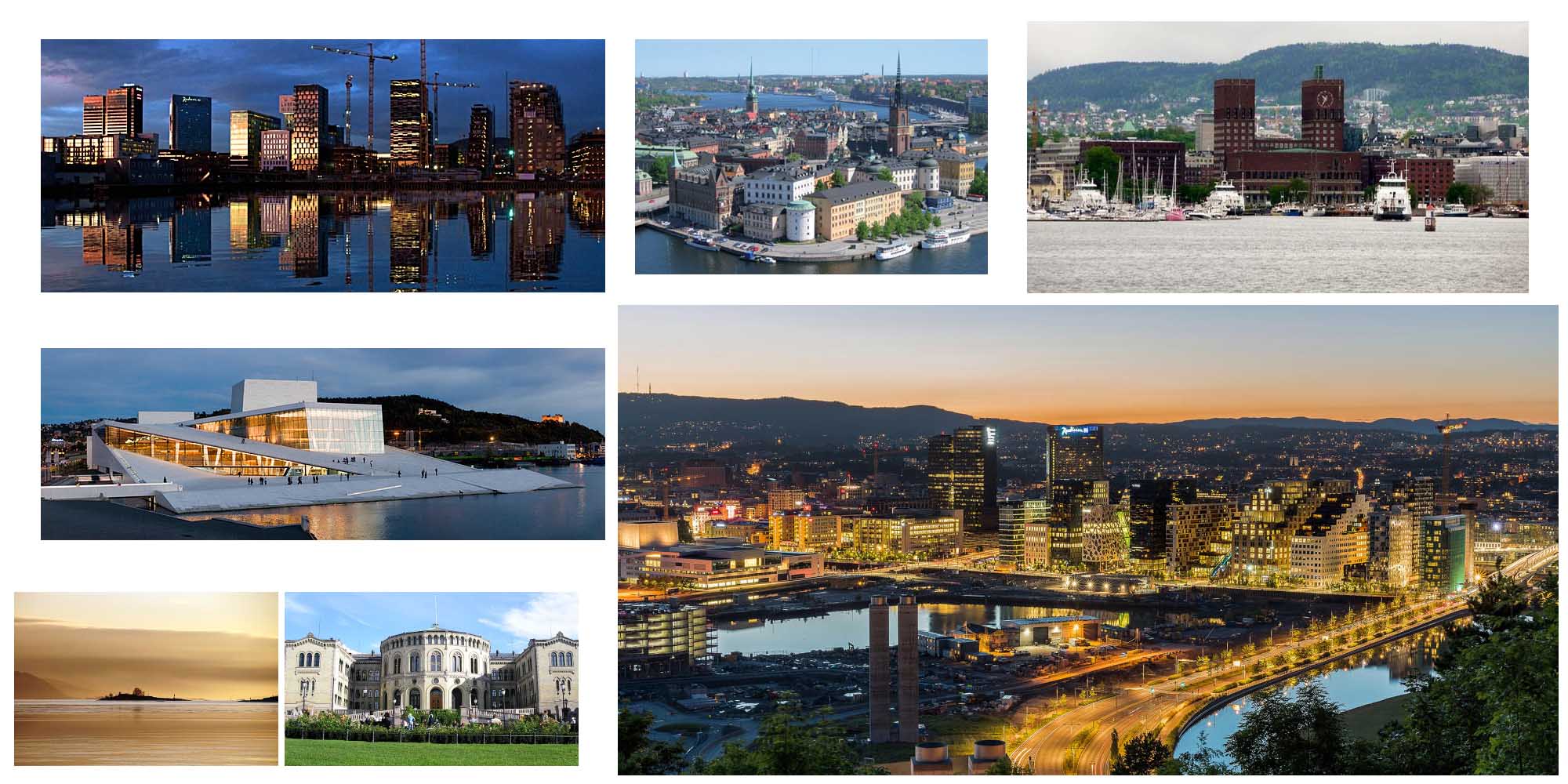 The Age of the Vikings
The Age of the Vikings
The looting of a monastery in the North East of England is considered to be the beginning of the Viking Age, 8 January 793 year. For the next 250 For years, the Scandinavian Vikings set sails on frequent trade and looting expeditions. The initial destinations were the British Isles, but soon, after some successes, new goals have been set – towns and villages on the coasts of France, Spain, and even Italy. Simultaneously, directing your attention to the East, the remaining expeditions plundered and conquered the territories of present-day Russia and the Slavic countries, reaching as remote areas as the Caspian Sea. Another group of conquerors focused on the areas of the North – western, discovering Greenland and colonizing Iceland. Some of these groups have come this far, that they were able to build temporary colonies in the northeastern part of North America, more than 400 years before its discovery by Columbus.
Vikings from Norway, just like from other areas, they came mainly from areas with little land for colonization, mainly from the south and west of the country. During this period, previously uninhabited regions, mainly in the south-east and north of Norway, began to fill with colonists, mainly involved in the cultivation of land and animal husbandry.
The influence of the Vikings on European history led to an economic disruption, especially in England and Northwest France and partly until the fall of the Carolingian era. Another result of the influence of the Vikings, was the creation of Normandy by settled colonists in northwestern France. Normans, descendants of the Vikings, played a huge role in the military expansion of Europe in the 12th and 13th centuries, by conquering England and southern Italy and making a significant contribution to the Crusades, almost conquering the Byzantine Empire.
The baptism of the Vikings in the 21st century resulted in a significant reduction in looting expeditions, and as a result, it merged the greater part of society with Western European civilization, leaving behind fascinating literature - sagas, myths and poetry.
